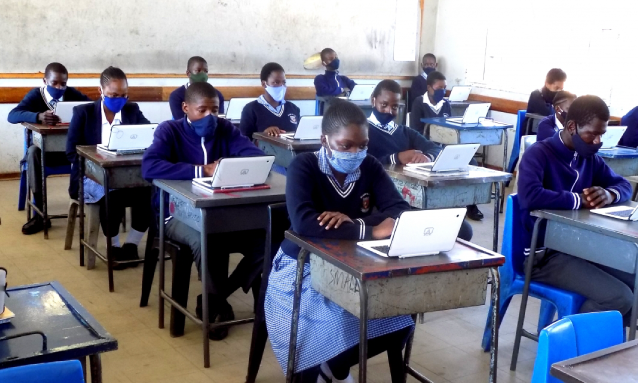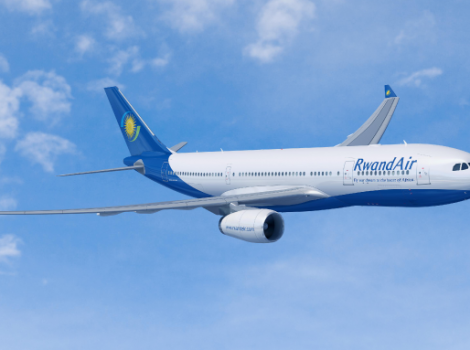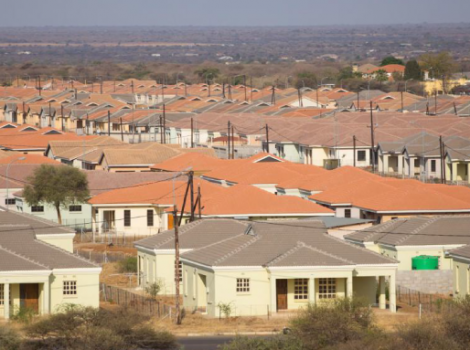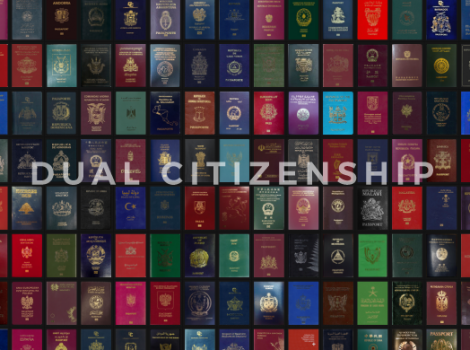
In some parts of Botswana, parents looking for regular updates on their children progress in school, or teachers trying to quickly get in touch with parents will no longer need to wait for the periodic parents-teachers’ meetings or the end of a term to find out.
“A connected smartphone is all it will take,” Tiyapo Spinks Salani, tells Africa Renewal in a telephone interview.
Salani is the Coordinator of e-Thuto, a digital learning platform being implemented in the north-eastern region of Botswana as part of the national government’s drive to digitalise learning across the country. It serves close to 35,000 students, from primary to high school level in the region.
e-Thuto, an interactive web-based platform, brings teachers, learners and parents together in an effort to improve education by making educational material and administrative information easily accessible. Started in 2017, the initiative was last month recognised by the United Nations Public Service Awards 2020 for its value to communities in North-East Botswana after being showcased a year ago at the Botswana Public Service Day.
Six other initiatives in Asia, Europe, South and Latin America were also recognised for finding innovative ways to deliver service. These include improving access to health care (Republic of Korea); helping low-income households benefit from social tariffs (Portugal), improving school attendance (Brazil) and making land transfers easier for the poor (Bangladesh).
The United Nations General Assembly designated 23 June as UN Public Service Day to celebrate initiatives and innovations that contribute to making a difference in public service delivery around the world. The day recognises the work of public servants and encourages young people to pursue careers in the public sector.
“We wanted to come up with a tool that will actually help our teachers and learners,” Salani explains, adding;
“It is about assisting the teachers so they can have access to teaching materials, be able to communicate and collaborate among themselves and give more information to the learners.”
Teachers looking to refresh their skills or update their teaching materials should also have it easier with e-Thuto, as is finding administrative data on learners and teachers across the region. Basically, e-Thuto is a two-part website consisting of e-learning and data management modules. The e-learning module is open for use by teachers and students, with the possibility of parents actively participating in the ongoing learning activities.
“They won’t have to wait until the end of a term or end of the year to find out about how their children are doing,” Salani says. And “teachers can easily and almost instantly connect.”
He explains,
“The second module manages the regional data of staff and student information. This has resulted in the creation of one virtual office where all the data in the region is stored and where information, including individual learning performance can be accessed.”
According to Salani, as the rest of the country was making progress, the northeast was lagging behind in the government’s drive to fully implement ICT policy in its education system nationwide. Hence, the project started as a way of offering content to teachers and learners.
Adding a data management module ultimately made it more relevant. As data is no longer processed and stored manually, learners and teachers have a greater incentive to use ICT for learning and administrative purposes.
Access to technological hardware remains a challenge, however. “Individually, students do not all have personal computers, and not every teacher has one either,” says Salani.
Still, most schools are equipped with computer labs where access is free. And in trying to stay in touch with teachers, parents can always “communicate by SMS”. Something that wasn’t possible before.
In awarding the UN prize, the selection jury noted that the project had provided a platform for both learners and teachers to use and enhance ICT skills, while also offering the enhanced data management of student and school performance.
“It has provided an effective learning environment that ensures inclusive and equitable quality education and promotes lifelong learning opportunities for all,” said the jury.
The Public Service Award 2020 competition attracted 403 nominations from 67 countries. Fifty of those entries came from the African region.



